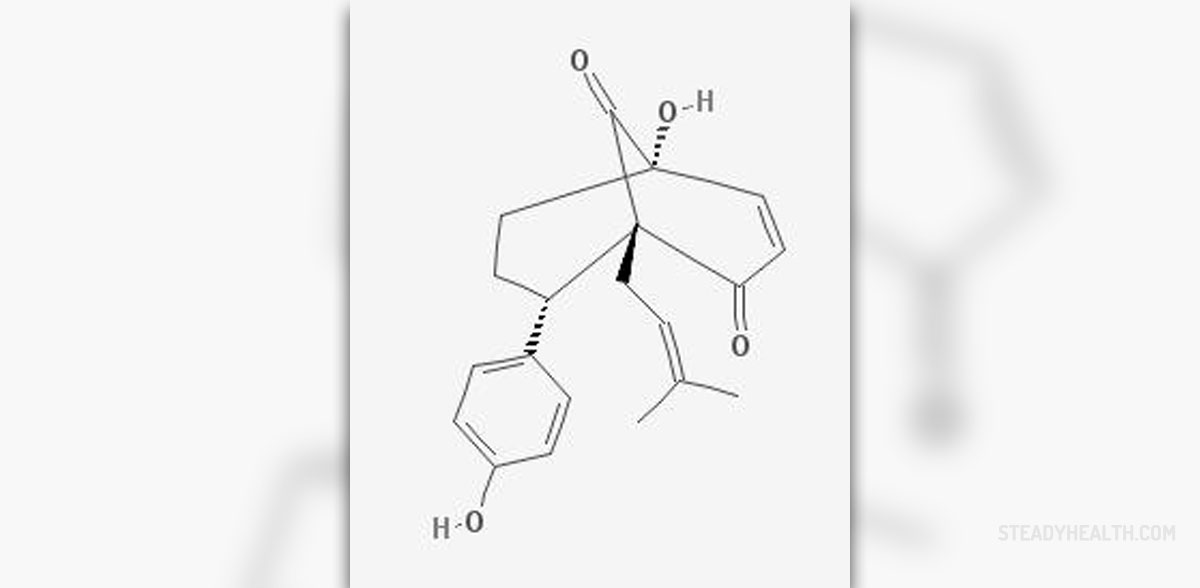
Myocarditis is an inflammation of the heart muscle or myocardium. Myocarditis is most commonly caused by a viral infection. Inflammation of the myocardium can also occur due to an infection with other pathogens such as a bacterium known as Borrelia brugdorferi or a protozoan called Trypanosoma cruzi. Sometimes myocarditis develops as a side effect of certain drugs. Here we will deal with viral myocarditis.
Acute Viral Myocarditis Introduction
Myocarditis represents inflammation in the walls of the heart which causes the heart muscle cells to die leading to reduced functioning of the heart.
Viral myocarditis can be seen in individuals of all ages. Most common causes of viral myocarditis are adenovirus and enterovirus infections such as Coxsackie B. Other viruses can also cause myocarditis including Epstein-Barr, influenza, rubella, varicella, parvoviruses, polio, rabies and others.
Depending on the pathological findings, myocarditis can be classified into three types:Active myocarditisBorderline myocarditisNonmyocarditisSubtypes of myocarditis are ongoing, resolving and resolved myocarditis.
Symptoms of Acute Viral Myocarditis
Myocarditis decreases function of the heart as it causes enlargement of the organ as well as increase in the end-diastolic volume. Inflammation of the myocardium weakens and damages the heart muscle leading to a number of signs and symptoms.
Common symptoms of viral myocarditis include chest pain, fever, an irregular heart beat or palpitations, fatigue, increased sweating and loss of appetite. Shortness of breath and fast heart beat are usually present too. Congestive heart failure may occur in severe cases of viral myocarditis and lead to edema and hepatic shock.
Diagnosis of Acute Viral Myocarditis
To make the diagnosis of viral myocarditis, a doctor will perform electrocardiogram test (ECG). This test reveals specific changes in the heart functioning. An ultrasound of the heart will be also done to check whether the heart muscle is enlarged and contracting poorly. Blood tests are also used to identify the virus responsible for myocarditis. A biopsy of the myocardium or nedomyocardial biopsy is often used as well. Sometimes the doctor will also perform cardiac magnetic resonance imaging.
Treatment for Acute Viral Myocarditis
Acute viral myocarditis involves complete rest to avoid putting strain on the heart muscle. A viral infection usually clears without treatment. However, medications can be used to control symptoms. Symptoms of viral myocarditis can be treated with painkillers to manage chest pain and fever. Corticosteroids are used to reduce inflammation of the heart muscle. Heart function can be supported by ACE inhibitors and inotropes.
















Your thoughts on this
Loading...